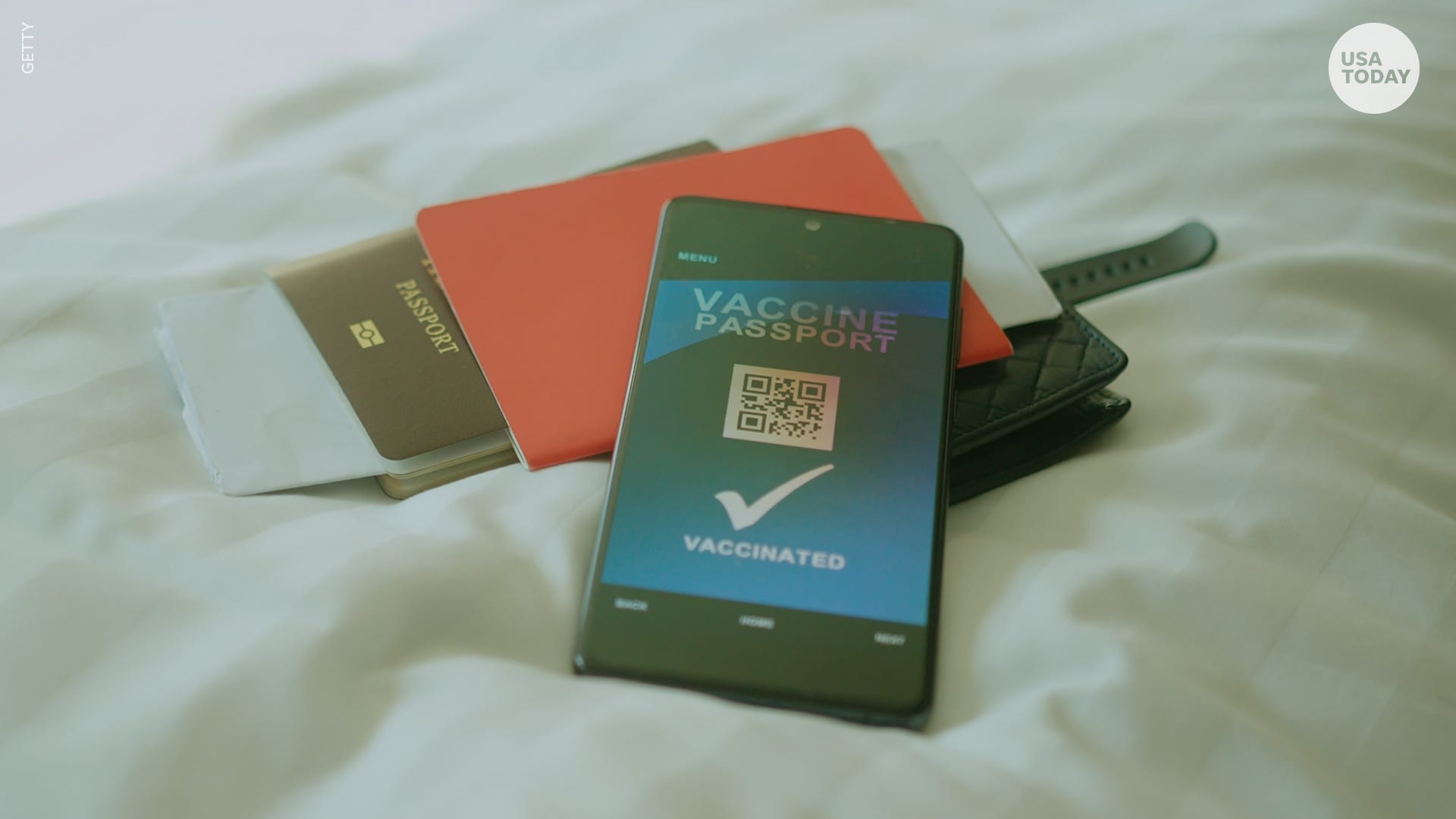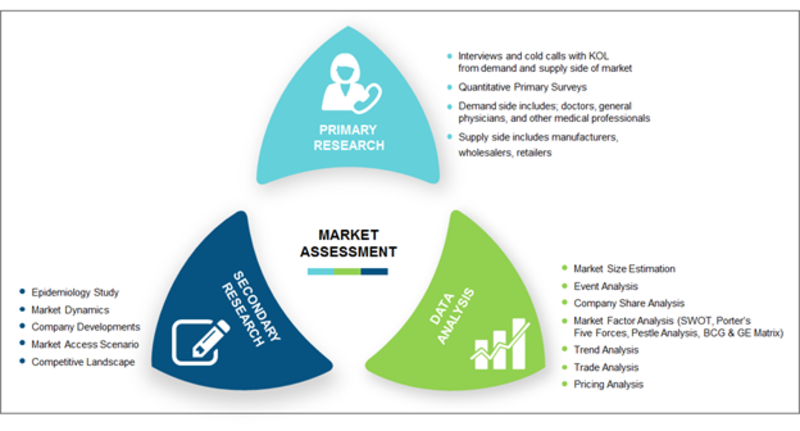



"I don't think that they operate to relieve liability," Turner says. The goal was to streamline the contracting process and attract newer, smaller companies and inventors to work with the government that otherwise might not have the resources or willingness to do so. These agreements got their start in the late 1950s, when NASA was created. So, in special cases, the government has been turning to an alternative mechanism, called an Other Transaction Agreement, or OTA. Sometimes, it can stretch for years, especially if competitive bidding is involved or a losing company challenges an award through a formal protest process. But the resulting process can be time-consuming. The acquisition regulations contain everything Congress stipulates should "govern the expenditure of taxpayer dollars," from anti-human-trafficking clauses to ethics and company conduct requirements, Turner says. "It is supposed to establish the process from soup to nuts, right from the beginning to the very end of a procurement." "It's really a bible that the government and contractors are supposed to follow with respect to a given acquisition," says attorney Franklin Turner, a partner at McCarter and English, who has been involved with thousands of government contracts in his career. Most government contracts are governed by a set of rules called the Federal Acquisition Regulation, or FAR. "We have to be careful about what we throw out in that process," she says. But there's a tradeoff when it comes to accountability.

Simplifying government bureaucracy during a crisis isn't necessarily a bad thing, says Robin Feldman, a professor at the University of California Hastings College of the Law, who focuses on the pharmaceutical industry and drug policy. Generally, these kinds of agreements allow the government to be more nimble. NPR first looked into Operation Warp Speed's approach when our request for one of the contracts under the federal Freedom of Information Act came up empty.Ī senior administration official tells NPR the government chose to use the intermediary for Operation Warp Speed contracts "to take advantage of certain acquisition authorities provided by Congress that are available to address situations like the coronavirus pandemic." Vaccine contracts awarded this way include $1.6 billion for Novavax, $1.95 billion for Pfizer, $1.79 billion for Sanofi and $1 billion for Johnson & Johnson. ATI then awarded contracts to companies working on COVID-19 vaccines.Īs a result, the contracts between the pharmaceutical companies and ATI may not be available through public records requests, and additional documents are exempt from public disclosure for five years. Instead of entering into contracts directly with vaccine makers, more than $6 billion in Operation Warp Speed funding has been routed through a defense contract management firm called Advanced Technologies International, Inc. One reason is that Operation Warp Speed is issuing billions of dollars' worth of coronavirus vaccine contracts to companies through a nongovernment intermediary, bypassing the regulatory oversight and transparency of traditional federal contracting mechanisms, NPR has learned. And like the notoriously secretive government project to make the first atomic bomb, the details of Operation Warp Speed's work may take a long time to unravel. The Trump administration has compared Operation Warp Speed's crash program to develop a COVID-19 vaccine to the Manhattan Project. He called it "a massive scientific and industrial, logistic endeavor unlike anything our country has seen since the Manhattan Project." President Trump announced the creation of Operation Warp Speed in May to fast-track a coronavirus vaccine.


 0 kommentar(er)
0 kommentar(er)
